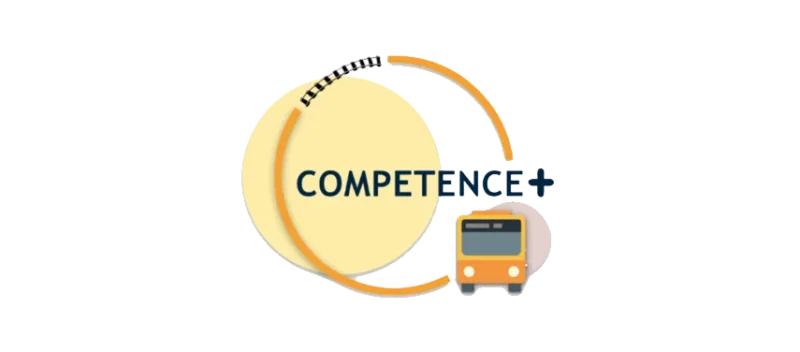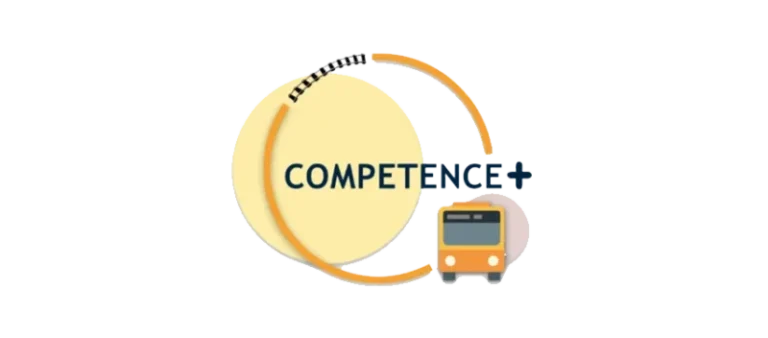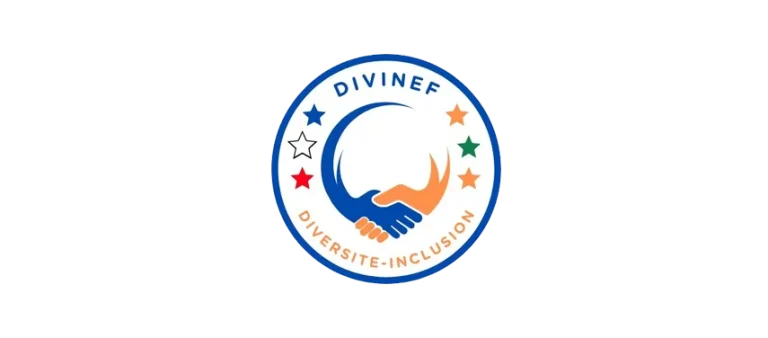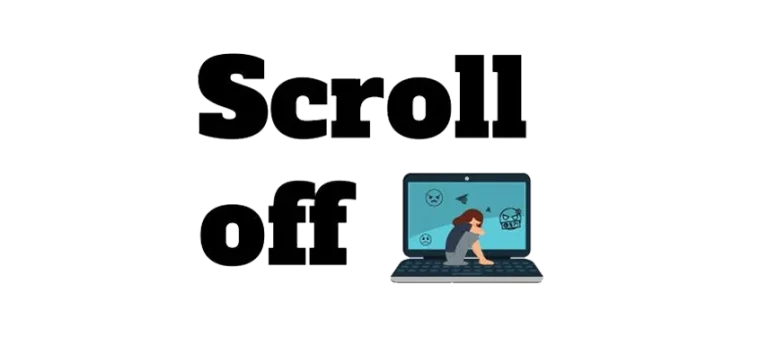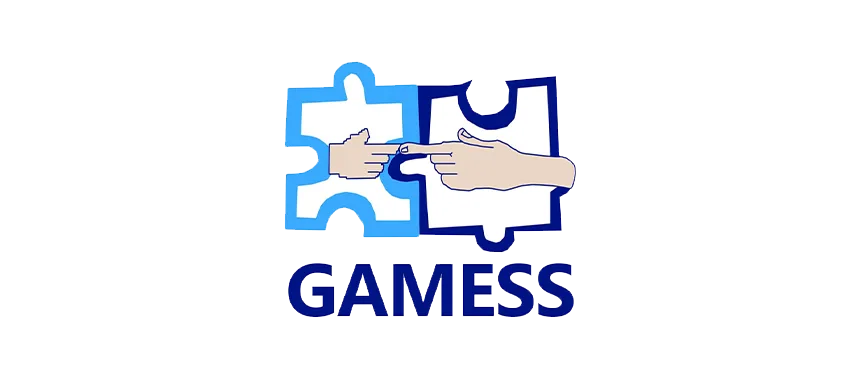
GAMESS
- Code: 2021-1-DK01-KA220-SCH-000034350
- Category: Autism & Cognitive Development
Games For Students With Autism As An Effective Methodology In Education For The Development Of Social Skills
Gamess project focuses on Games-based-learning as a teaching and learning method that allows teachers to promote the social inclusion of autistic students in the diverse learning environment of the mainstream classroom.
A booklet of classroom group games is prepared as a guide and training material for primary school teachers. Implementation of these games will promote social skills development of autistic kids as well as their neurotypical peers. All children will benefit and mixed in the classroom. Development of social skills will aid for the inclusion of autistic students in the mainstream classroom.
In the project a VR game is also prepared for development of social skills of autistic kids.
General Objectives
- GO1: to include autistic students in the mainstream classroom
- GO2: to promote social skills of autistic kids through a VR game and a booklet of classroom group games
- GO3: to prepare an educational package for primary school teachers to include autistic students in the mainstream classroom via games-based learning
- GO4: to prepare a booklet of classroom group games to help develop social skills and benefit both autistic kids and their neurotypical peers in a mixed environment
- GO5: to train primary school teachers on games-based learning (GBL) and how to implement in the classroom to include autistic students
| Organization Name | Country |
|---|---|
| AALBORG UNIVERSITET | Denmark |
| CENTAR ZA AUTIZAM za autizam Croatia Grad Zagreb Zagreb | Croatia |
| OLEMISEN BALANSSIA RY | Finland |
| FUNDACIÓN MIRADAS | Spain |
| STANDO LTD | Cyprus |
Disclaimer: This project has been funded with support from the European Commission. This publication reflects the views only of the author, and the Commission cannot be held responsible for any use which may be made of the information contained here.

